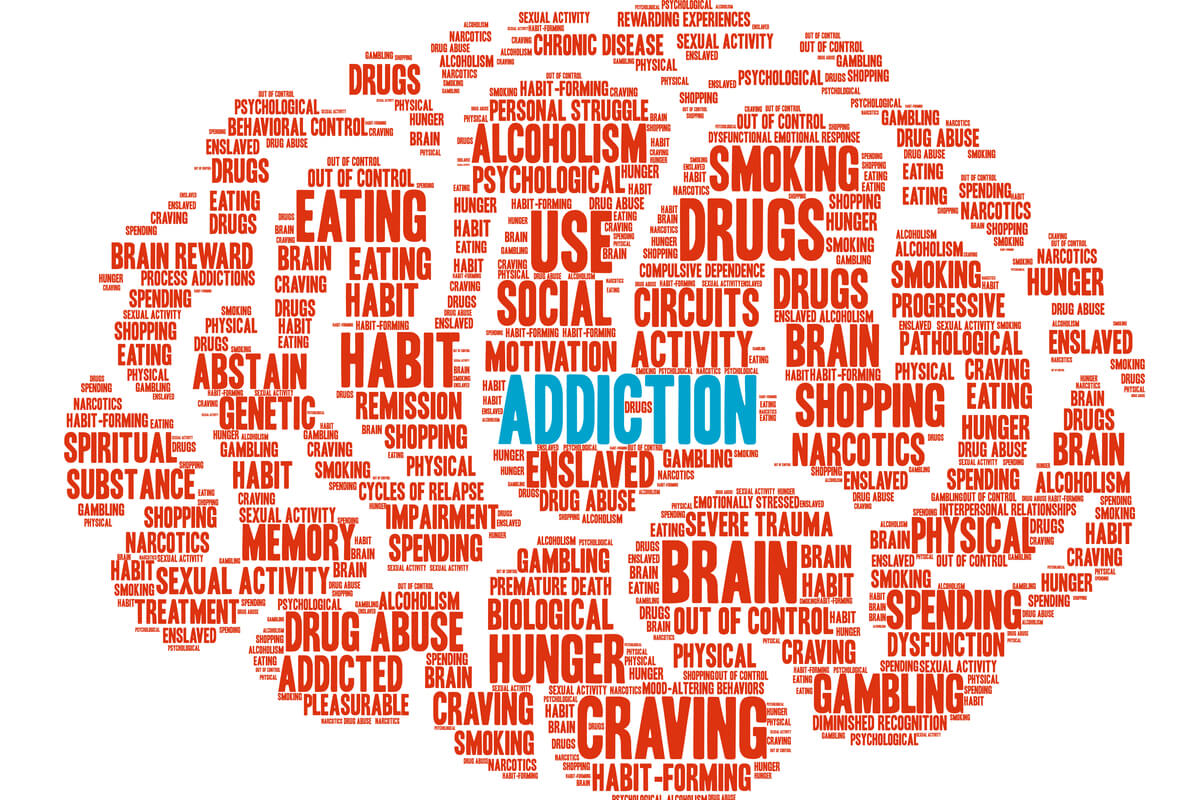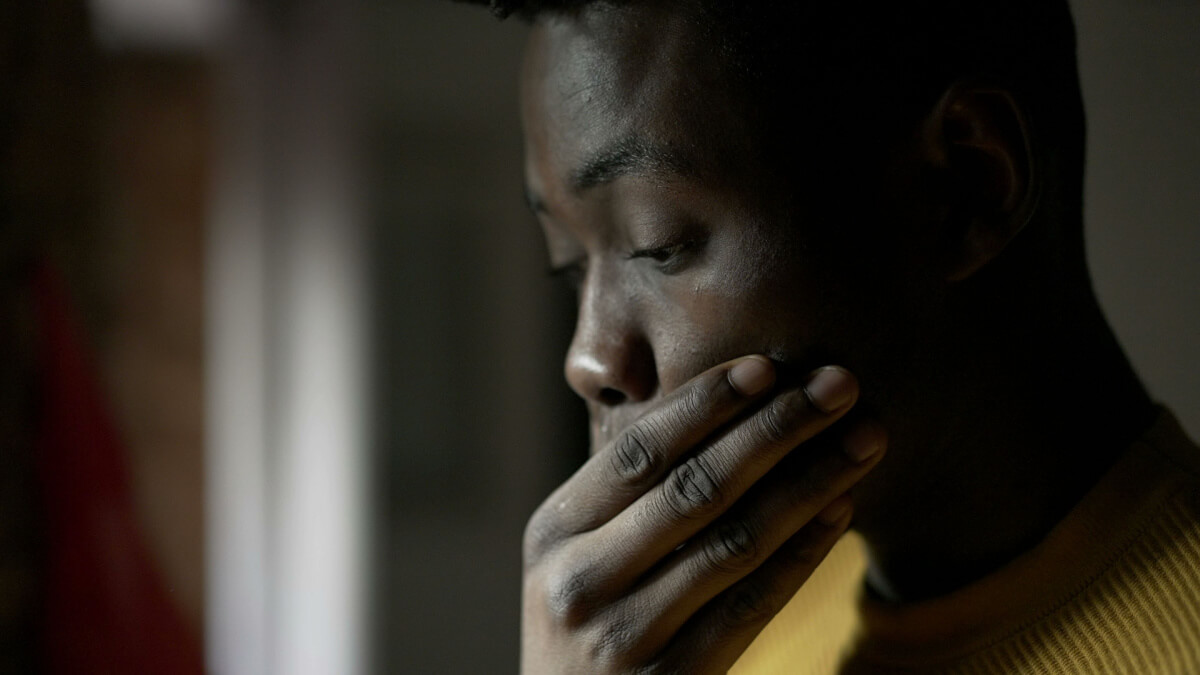
Depending on the severity of a parent’s alcohol use disorder (AUD; the new, accepted term for alcoholism) and the degree to which it impacts their ability to parent, a child of a parent with AUD can experience a number of negative effects. They’re likely to struggle emotionally, develop behavioral problems, have problems in school and more. However, they can learn to cope and better deal with the situation with the right support.
Growing Up With Parents With AUD
While researchers don’t fully know the ways in which growing up with parents with AUD tends to impact a child, certain patterns have emerged that they are beginning to understand. Unsurprisingly, it can be a difficult experience for children.
Importantly, this doesn’t just apply to people in their childhood and adolescence. Parents with AUD also affect adult children.
The Effects of Growing Up With a Parent With AUD
The following are some effects commonly associated with growing up with a parent with AUD:
Emotional Impact
Parental problem drinking can have a significant emotional impact on a child, especially during adolescence. This is a time of significant biological, psychological, and social changes.[1]
While the severity of a parent’s AUD and the degree to which it influences their children can vary significantly, AUD is going to affect a parent’s ability to provide their children with the support they need. The parent will often be emotionally unavailable, frequently dealing with hangovers, irritability and similarly negative moods.[1]
This missing support can have real negative consequences. One study suggests that parental AUD may increase the risk that a child develops depression. The study found the association between parental AUD and major depressive disorder was quite strong, although the association with persistent depressive disorder significantly declined among older adults.[2]
Behavioral Consequences
A person growing up with a parent with AUD can more easily develop behavioral problems, in large part because a parent with AUD is underequipped to raise a child. There is evidence that parents with AUD are more likely to engage in harsh punishment and exercise poorer judgment in meting out punishment.[1]
They’ve also been found to generally be less consistent and predictable in how they monitor adolescent behaviors. This is a time when the child-parent relationship often sees major evolution, and a child ordinarily starts to begin learning how to handle greater levels of autonomy.
Academic & Learning Consequences
Children of parents with AUD are more likely to perform poorly in school for a variety of reasons.[1] Both emotional difficulties and behavioral problems are going to impact their ability to function in an academic setting when they occur. These children are also more likely to engage in higher levels of alcohol use, which increases the likelihood of problems with school (and legal) authorities.[1]
Relationship Issues
A child of an alcoholic parent has been found to be more likely to be overly aggressive and to develop an early affiliation with deviant peer groups, often affiliating with individuals who drink more heavily. This is coupled with the fact alcoholic parents have been found to be more tolerant of unhealthy drinking patterns in adolescent children and their peers.[1]
Parents with AUD are very likely going to have a poorer relationship with their children. In fact, one study has suggested that a parent with AUD is more likely to engage in child abuse than parents without AUD (though not all studies have consistently shown this association).[3] This can also be cyclical, as a victim of child abuse is also more likely to struggle with alcohol misuse.
As touched on in earlier sections, parents with AUD are also more likely to be neglectful of their children, failing to properly involve themselves in their lives. Their children may lack structure and the behavioral safety nets that parents usually provide, which can lead to various issues, including greater difficulty forming healthy relationships with others.[4]
Coping Mechanisms
If a child’s parent struggles with alcohol misuse, it doesn’t necessarily guarantee that they will struggle with the issues described above. A major factor in how they will develop will depend on their ability to find healthy mechanisms to cope with the difficulties of having a parent with AUD.
Positive Coping Strategies
A child of a parent with AUD greatly benefits from people in their life who can provide some of the emotional support and stability that their parent is unable to provide. This can come from teachers, counselors and friends, as well as less immediate family members. Ideally, the child will be able to engage in open communication with these people about their struggles and concerns.
The individuals providing this support may need to be very patient and empathetic. A child lacking support from a parent often needs much more support from others than is typical. As noted earlier, the child may have trouble with their emotions, controlling their behavior and developing healthy relationships.
While the child may not control their ability to go to therapy as a young child and teenager, they will ideally receive therapy and counseling from professionals to help them work through their issues. Even if they don’t receive this support when they’re younger, they should seek it as an adult.
This can help a person develop healthy coping mechanisms to deal with their issues and better process their relationship with their parents. We discuss this in more detail in the next section.
Breaking the Cycle
An important element of learning to cope with the effects of a parent with AUD is “breaking the cycle.” Parental AUD often leads to a cycle of problems, where children become more likely to struggle with alcohol themselves. As a result, their own children become more likely to struggle with alcohol and so on.
Breaking this cycle can be a challenging process, but education can go a long way in helping. By understanding the nature of AUD and how it might be affecting a person, it becomes easier to recognize dangerous patterns.
Direct intervention can also help, such as helping a parent get into AUD recovery or even taking the child out of that situation if it becomes especially dangerous. There is no single perfect solution to breaking the cycle of AUD. The approach has to take into account the specifics of a given family’s situation and the needs of the children involved.
Seeking Help & Support for Children of Parents with AUD
Help and support are available for the children of parents with AUD. These are some sources of support:
Therapy & Counseling
Children can greatly benefit from therapy and counseling. Many approaches are available, depending on the willingness of their parent to become involved.
Ideally, both the parent with AUD and their children will go to family therapy, where a professional can help the family work through the issues they deal with. A parent seeking to change for the better may also talk to an addiction specialist, get into recovery and regain control over their alcohol use.
Individual therapy can also help the children of a parent with AUD. While this type of therapy may not be able to repair a child’s relationship with their parent, it can help a child put that relationship into proper context and better understand how to process the difficult situation they’re in. It connects the child with a professional who can teach them how to cope with their parent’s AUD in healthy ways and better avoid destructive patterns.
While it isn’t the child’s job to help their parent with their AUD, learning about the disorder can help them to better understand their parent. In therapy and counseling, children can get help processing challenging emotions and trauma.
Support Resources
The Substance Abuse and Mental Health Services Administration (SAMHSA) provides a national helpline for free at 1-800-662-4357. This free, confidential helpline can help individuals and their families facing issues related to mental health and substance use disorder to learn more about the mental health resources in their area.[5]
There is also the National Association for Children of Alcoholics, an organization dedicated to helping children of parents with AUD receive support and avoid falling into the destructive patterns of their parents. They provide a number of useful resources, including a packet designed to be read by people in their adolescence. This information can help children understand how to cope with their parent’s AUD in a healthy way and emphasizes that the parent’s AUD isn’t the child’s fault.[6]
The Right Support
In summary, a parent with AUD can have a serious impact on a child’s well-being, especially if the adult cannot or will not accept that they have a problem and need help. It’s important that a child receive help in managing this difficult situation, as the right positive influence can help counteract the potentially negative effects of having a parent with AUD.
With the right support, a child can become more resistant to addiction and better able to break the cycle of familial addiction that is so common.

Reviewed By Peter Manza, PhD
Peter Manza, PhD received his BA in Psychology and Biology from the University of Rochester and his PhD in Integrative Neuroscience at Stony Brook University. He is currently working as a research scientist in Washington, DC. His research focuses on the role ... Read More
- Windle M. Effect of parental drinking on adolescents. Alcohol Health and Research World. 1996;20(3):181-184. https://www.ncbi.nlm.nih.gov/pmc/articles/PMC6876511/Time-Varying
- Thapa S, Selya AS, Jonk Y. Time-varying effects of parental alcoholism on depression. Preventing Chronic Disease. 2017;14. https://doi.org/10.5888/pcd14.170100
- Widom CS, Hiller-Sturmhöfel S. Alcohol abuse as a risk factor for and consequence of child abuse. Alcohol Research & Health. 2001;25(1):52-57. https://www.ncbi.nlm.nih.gov/pmc/articles/PMC6707113/
- Kearns-Bodkin JN, Leonard KE. Relationship functioning among adult children of alcoholics. Journal of Studies on Alcohol and Drugs. 2008;69(6):941-950. https://doi.org/10.15288/jsad.2008.69.941
- SAMHSA’s National Helpline. Substance Abuse and Mental Health Services Administration. Accessed February 7, 2024. https://www.samhsa.gov/find-help/national-helpline.
- It’s not your fault! National Association for Children of Alcoholics. Accessed February 7, 2024. https://nacoa.org/wp-content/uploads/2018/04/Its-Not-Your-Fault-NACoA.pdf
Download Our Free Program Guide
Learn about our program, its effectiveness and what to expect
Related articles
Imagine what’s possible on the other side of opioid use disorder.
Our science-backed approach boasts 95% of patients reporting no withdrawal symptoms at 7 days. We can help you achieve easier days and a happier future.








